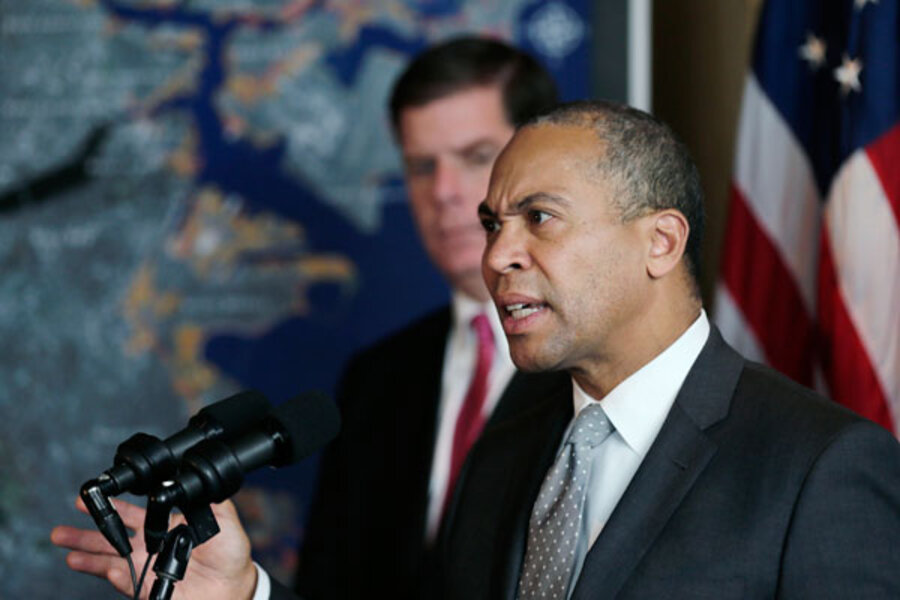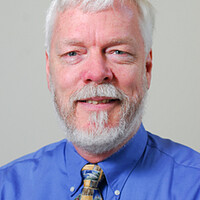Mass. governor proposes $50 million plan to brace for global warming
Loading...
Massachusetts state officials formally announced a $50 million effort to adapt to current and future effects of global warming, with some 80 percent of the money slated to support projects that will reduce the vulnerability of critical facilities in cities and towns to power failures.
The remaining $10 million is slated for projects to rebuild sea walls and repair or remove dams to deal with coastal and inland flooding from severe storms. Of that $10 million, $1 million is intended to support pilot projects in coastal communities to rebuild natural defenses against storm surge.
The program typifies a shift that has been under way during the past several years as states with global-warming policies have added adaptation to their agendas. More recently, they started to move beyond studies of needs to initiating projects, notes Kyle Aarons, a senior fellow with the Center for Climate and Energy Solutions (C2ES), based in Arlington, Va.
So far, 15 states – mainly along the East and West Coasts – have completed adaptation plans, according to data Mr. Aarons compiles on state and local efforts. Another four are still developing plans, while seven states and the District of Columbia have yet to follow through on recommendations to develop adaptation plans contained in broader climate action documents.
"Now that we're starting to see real impacts of climate change in the form of rising seas and extreme weather events, we're seeing states rather quickly gear up their adaptation efforts and are now explicitly investing in infrastructure to adapt to climate change," says Mr. Aarons.
The actions in Massachusetts and other states are signaling a shift in thinking, suggests Rachel Cleetus, a climate economist at the Union of Concerned Scientists, an environmental organization in Cambridge, Mass.
"We're not just going to watch this stuff unfold and react to it episodically" when severe weather strikes, she says. "We're going to take a proactive approach to this, we're going to look ahead and try to prepare ahead of time both to minimize damage and to identify the vulnerabilities and realize there are things we can do to minimize damage."
In a speech Tuesday, Massachusetts Gov. Deval Patrick announced the new adaptation plan, which Dr. Cleetus calls a promising start to the state's effort to cope with the effects of climate change.
"It shows serious commitment," she adds. "Obviously, more will need to be done, but this effort shows the way."
Putting overall dollar amounts on state adaptation efforts can be difficult, Aarons says. For instance, in Massachusetts, California, or New York, the link between adaptation projects and climate change is explicit. In others states, where politicians give global warming a cold shoulder, projects that could fit into an adaptation bin are merely labeled coastal or wetlands restoration projects or projects to build a more resilient electrical grid. The impact on resilience can be the same, but the inconsistent labeling can cloud attempts to keep track of dedicated adaptation efforts.
Such was the case last August, when Gov. Chris Christie (R) of New Jersey and US Energy Secretary Ernest Moniz jointly announced a project whose goal is to move a key section of the state's transit system onto its own microgrid. Microgrids are small-scale versions of state, regional, or national grids in which electricity is generated and distributed over areas as small as a few square blocks.
Secretary Moniz invoked the projected increase in weather extremes in a warming climate as a key driver of the project. Governor Christie, who has been seen by some as a front-runner for the GOP presidential nomination in 2016, avoided invoking climate change.
The focus on energy supplies and delivery is a cornerstone of the national adaptation strategy President Obama unveiled last year, notes Lucas Bifera, one of Aarons's colleagues at C2ES. That helps explain the large portion of Governor Patrick's program aimed at boosting the resilience of the grid and introducing microgrids built on clean-energy technologies.
Massachusetts state officials anticipate underwriting the program using payments from electricity retailers in the state who failed to comply with requirements for tapping renewable and alternative energy sources.
The plan also makes provision for hiring a state climatologist. And it envisions spending $2 million to pay for elements that deal with adaptation issues confronting transportation and public health. The governor reportedly would have to get the state Legislature to provide the $2 million.
[An earlier version of this article misstated the last name of Lucas Bifera, an employee at C2ES.]








